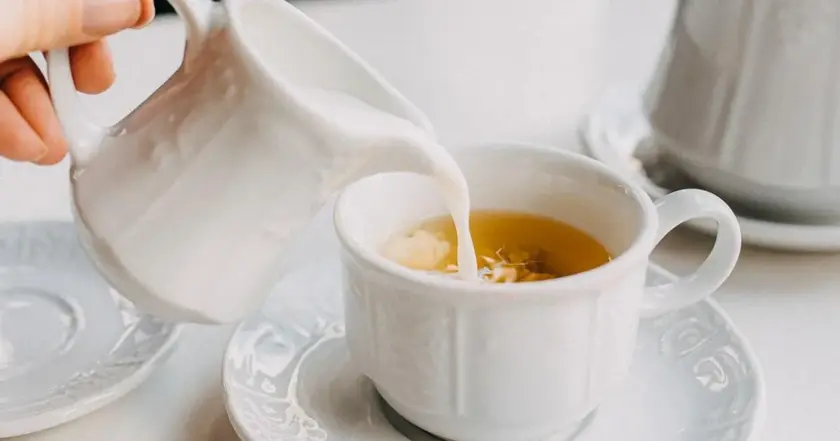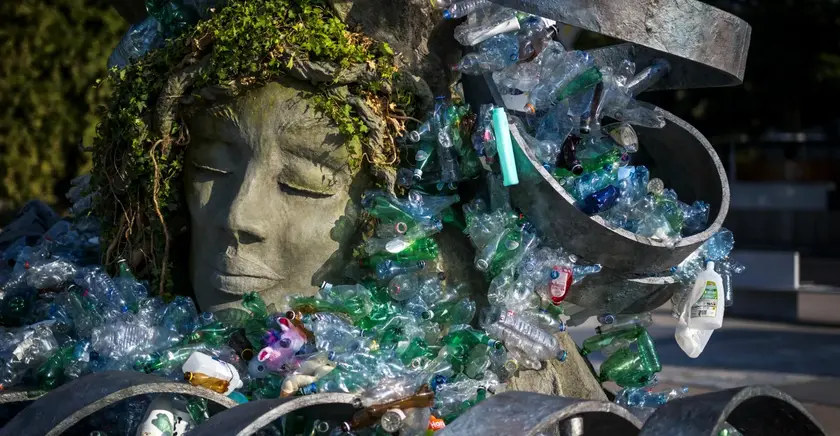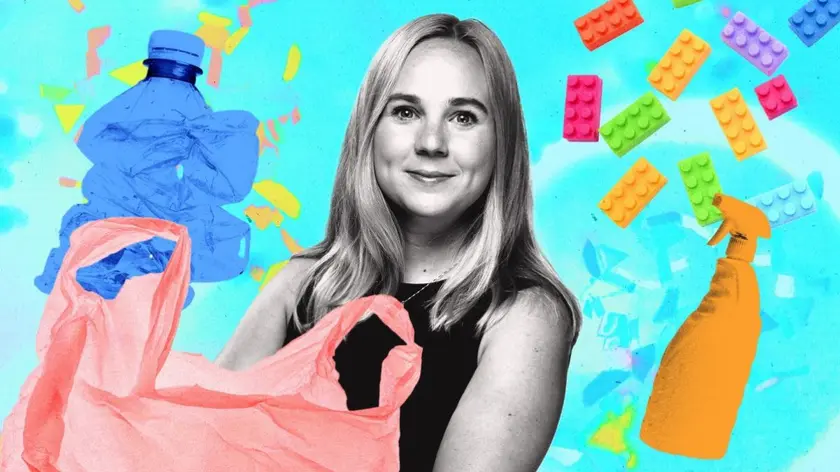T4K3.news
Microplastics found in everyday drinks
A new study reports microplastics in tea, coffee, and juice, with higher levels in hot drinks served in disposable cups.

A new study finds microplastics in common drinks such as tea, coffee and fruit juice, raising questions about daily exposure.
Microplastics in everyday drinks spark health concern
Researchers tested 155 beverages and detected microplastics in every sample. The particles ranged from 10 to 200 micrometres, with higher counts in hot drinks served in disposable cups or made with teabags, and tea and coffee in disposable cups contained more plastic specks than those in glass or paper containers.
Health impacts for humans remain unclear. Animal studies point to possible effects on the gut, lungs and reproductive system, but scientists caution that translating those results to people is not straightforward. The study notes continued exposure to microplastics through drinks could contribute to daily intake and warrants further research, even as the public weighs the potential risks against convenience and cost.
Key Takeaways
"The daily cup hides a hidden hitch"
tweetable highlight
"Plastic particles tag along in tea and coffee"
factual line from study
"Heat speeds up plastic shedding in cups"
observed relation in serving methods
"What we drink daily could carry a plastic load"
consumer concern
The report shows how everyday choices shape exposure, from teabags to cup materials and serving temperatures. It highlights a tension between convenience and safety in a culture of single-use packaging.
Policy and industry players may face calls to rethink packaging, improve labeling, and explore alternatives. While the health risks are not yet proven for humans, the possibility of meaningful impact could push regulators and brands to act and to communicate clearly to consumers.
Highlights
- The daily cup hides a hidden hitch
- Plastic particles tag along in tea and coffee
- Heat speeds up plastic shedding in cups
- What we drink daily could carry a plastic load
Health concerns and public reaction
A study linking microplastics to daily beverages could trigger consumer anxiety and policy scrutiny. Health impacts in humans are not yet clear, so findings should be interpreted with caution.
Future research will shape how we drink in the years ahead.
Enjoyed this? Let your friends know!
Related News

Study Reveals Microplastics in Bottled Water

Microplastics detected near Geneva talks

Microplastics found in human blood raise health concerns

Experts warn cancer causing chemicals threaten humanity

Microplastics found in some of Earth's most remote areas

Foods Linked to Worsening Inflammation Identified

Daily Habits Linked to Teeth Yellowing

Microplastics found in ecosystems and human bodies
